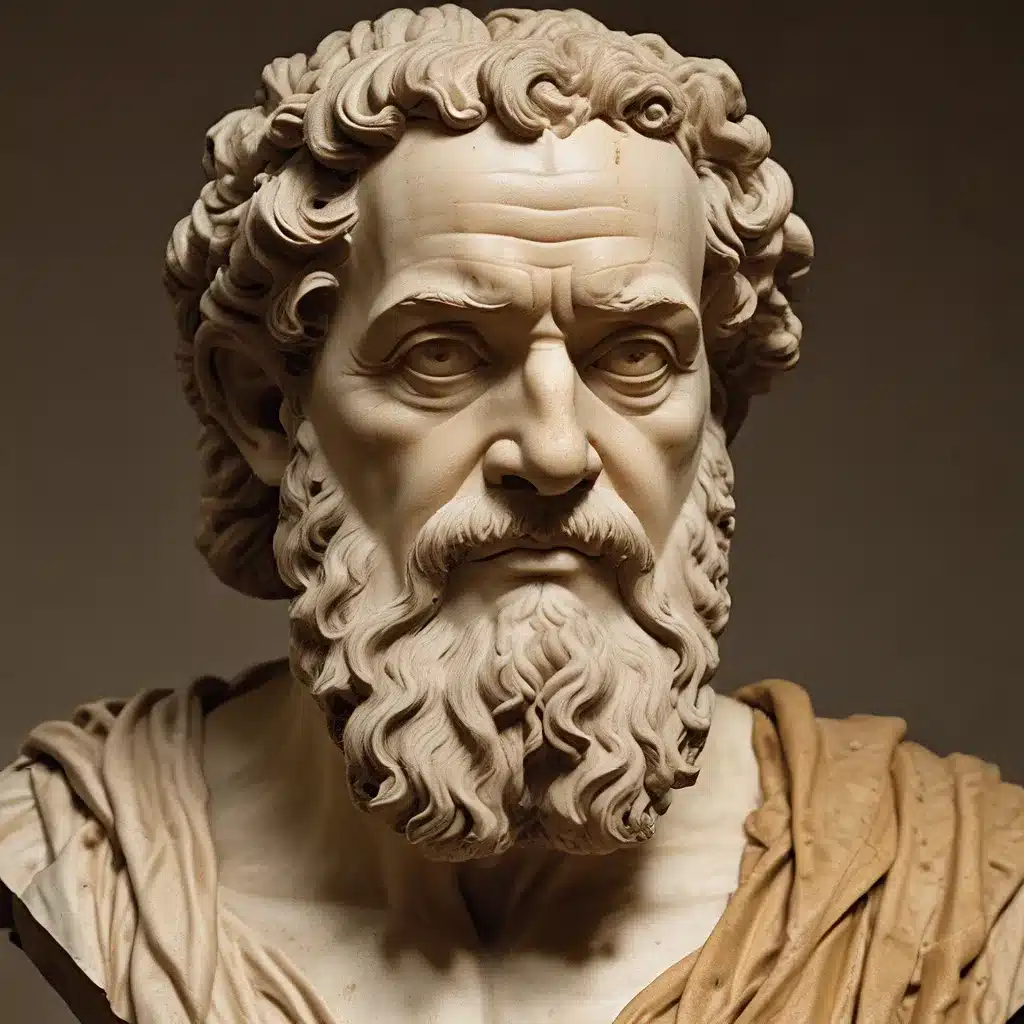
The Library of Alexandria, once a beacon of human knowledge, has long captured the imagination of scholars and history enthusiasts alike. This renowned institution, located in ancient Egypt, was said to have housed an unprecedented collection of scrolls, manuscripts, and artifacts that represented the pinnacle of intellectual achievement in the ancient world. However, the library’s mysterious disappearance has left a void in our understanding of the past, prompting countless questions about the impact of its loss on the advancement of human civilization.
The Enigma of the Library’s Demise
The precise details surrounding the downfall of the Library of Alexandria have been the subject of intense debate and speculation for centuries. Was it a single event, such as a catastrophic fire, that ultimately led to its destruction? Or was it a gradual process of decline, the result of political upheaval, religious strife, and the natural passage of time? These are the questions that have captivated historians and archaeologists, each seeking to unravel the mysteries that shroud this pivotal moment in history.
According to Reddit discussions, the destruction of the Library of Alexandria may have been a gradual process, with various factors contributing to its ultimate demise. The library’s location in a politically volatile region, the rise of religious intolerance, and the shifting power dynamics of the ancient world all likely played a role in its eventual downfall.
Moreover, the loss of the Library’s vast collection of scrolls and manuscripts has been a source of profound lament, as historians speculate on the breadth and depth of knowledge that was forever lost. What scientific breakthroughs, philosophical insights, or cultural treasures were contained within those now-vanished volumes? This question has fueled the imagination of countless scholars, who have devoted their careers to uncovering the secrets of the ancient world and piecing together the fragmented clues that remain.
The Significance of Ancient Knowledge
The Library of Alexandria was not merely a repository of books and scrolls – it was a hub of intellectual activity, a place where the greatest minds of the ancient world converged to share ideas, conduct research, and push the boundaries of human understanding. Within its walls, scholars from diverse backgrounds engaged in groundbreaking studies, ranging from astronomy and mathematics to medicine and the arts.
The loss of this trove of ancient knowledge has had a profound impact on our understanding of the past, and has led to a lingering sense of regret and curiosity about the insights and discoveries that may have been forever lost. What advancements in science, philosophy, or technology were contained within the library’s collection? How might the trajectory of human civilization have been altered if these treasures had been preserved?
These questions underscore the immense value of ancient knowledge and the critical role that historical preservation plays in shaping our understanding of the world. The Library of Alexandria serves as a poignant reminder of the fragility of human knowledge and the importance of safeguarding our cultural heritage for future generations.
Uncovering the Mysteries of the Past
In the wake of the Library of Alexandria’s demise, scholars and archaeologists have devoted themselves to piecing together the fragments of ancient knowledge that have survived through the ages. From excavations of ancient ruins to the study of rare manuscripts and artifacts, these intrepid researchers have sought to uncover the hidden stories and insights that lie buried beneath the sands of time.
Newly discovered archaeological sites and interdisciplinary research have shed light on the remarkable achievements of ancient civilizations, challenging long-held assumptions and opening up new avenues of exploration. The deciphering of lost languages, the analysis of ancient texts, and the study of material culture have all contributed to a deeper understanding of the past, revealing the rich tapestry of human history.
As we continue to unravel the mysteries of the ancient world, the significance of the Library of Alexandria’s legacy becomes increasingly clear. This celebrated institution served as a hub of intellectual activity, a place where the brightest minds of the time converged to push the boundaries of human knowledge. Its loss has left an indelible mark on the trajectory of human civilization, fueling our curiosity and inspiring us to uncover the hidden treasures that still lie within the vast expanse of our shared past.
Conclusion: Honoring the Legacy of Ancient Philosophers
The Library of Alexandria stands as a testament to the enduring power of human knowledge and the profound impact that intellectual institutions can have on the course of history. Though its physical presence may have long since vanished, the legacy of this remarkable library lives on, inspiring scholars and enthusiasts alike to delve deeper into the mysteries of the ancient world.
As we continue to uncover the secrets of the past, we are reminded of the importance of preserving and honoring the knowledge and insights of our ancestors. The lost scrolls and manuscripts of the Library of Alexandria may be gone, but the thirst for discovery and the pursuit of understanding that they represented lives on, guiding us ever onward in our quest to unravel the complexities of the human story.
The Lost Kingdoms blog is dedicated to exploring the rich tapestry of ancient civilizations, uncovering the hidden gems of history, and sharing the latest discoveries in archaeology and cultural studies. Join us as we embark on a journey through the mists of time, unearthing the lost knowledge of the ancient world and celebrating the enduring legacy of those who came before us.


